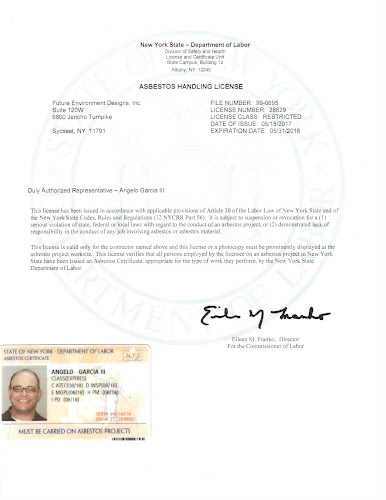Social Distancing Policy:
During training classes, the instructor and the students will be requested to:
- All students & instructors before they leave home should take their temperature (it should be less than 100 degrees Fahrenheit) and document absence of shortness of breath, new or change in cough, sore throat, loss of smell or taste, and muscle aches. They should also check the CDC website for other symptoms at https://www.cdc.gov/coronavirus/2019-ncov/symptoms-testing/symptoms.html. If possible, take the CDC self-check found at the site. If you are ill or your temperature is above 100 degrees Fahrenheit they should call to reschedule the course.
- All students upon arrival will be asked what their temperature was before they left home, and do they have any of the symptoms of shortness of breath, new or change in cough, sore throat, and muscle aches. We will also use a contactless thermometer to measure forehead temperature. If students answer yes to any questions or the thermometer measurement is above 100 degrees Fahrenheit the student will not be allowed to attend training and must reschedule.
- All students will also, be asked if they are vaccinated and to show proof of vaccination (we recommend students use the NYS Excelsior Pass App).
- All students will be encouraged to bring and wear a face-covering during the training (FEDTC will provide face coverings, when available). Students who prove they are vaccinated do not need to wear masks or social distance as per the CDC.
- FEDTC will be using our larger training rooms and advising students to sit at least 6 feet from each other and avoid person-to-person contact such as shaking hands.
- Instructors will perform all training at least 6 feet from students, will wear face coverings during training, and we are immunized.
- Cover coughs and sneezes using tissues or into the elbow of your sleeve. To prevent droplets containing germs from entering the air or contaminating your hands.
- Wash your hands frequently with soap and water for at least 20 seconds (sing "Happy Birthday" twice).
- Use waterless hand sanitizer where soap and water (which are preferred) are not available.
- Instructors will avoid any unnecessary travel and cancel or postpone any courses they are feeling unwell or shall use a face covering while training.
- Instructors will be provided with a kit to help with the recommended procedures.
- Tape measure
- Surgical masks, when available
- N95 Disposable Respirators, when available
- Hand Sanitizers, when available
- Tissues
- Cleaning Disinfectant Wipes for cleaning tables
- Forehead Thermometer








